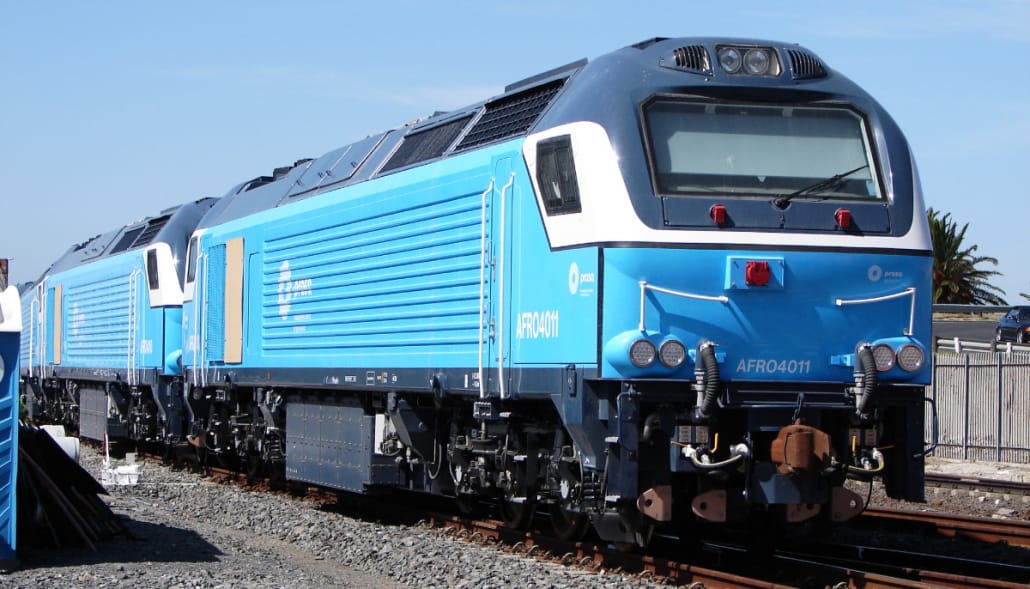By Kwazi Dlamini
The Passenger Rail Agency of South Africa (Prasa), like other state-owned entities (SOEs), is not what it used to be. The entity’s seemingly unstoppable downhill slide continues, and its board members do not seem to have the answers, according to the latest annual report, which was discussed at the end of March before Parliament’s Standing Committee on Public Accounts (Scopa).
Several factors have helped to put Prasa in its current poor financial standing, as it is not generating enough revenue to cover operating costs. In the 2020/2021 financial year it recorded a loss of R1.9-billion, while in the same year, its operating costs increased to R15.5-billion and its revenue decreased by R900-million, because of network and train unavailability caused by infrastructure damage and Covid-19 restrictions. This has intensified the SOE’s dependence on grant subsidies to cover operational costs.
Transport minister Fikile Mbalula, present at the Scopa meeting, also recently reported over 3 000 ghost workers receiving salary from the SOE. These payments have now been stopped. “Someone has orchestrated the scam to steal money from the organisation, that’s how broken Prasa is,” he said at the time.
Mbalula also recently announced that the government has gazetted the national rail policy frameworks that allows the private sector to intervene and operate passenger rail services. The policy looks to bring remedial interventions on infrastructure investment to enhance competitiveness and ensure rails function effectively. It will also help to address Prasa’s capacity challenges.
He acknowledged to Scopa that the problem was internal and external. “Our biggest problem isn’t only the people on the railway tracks, our biggest problem is management negligence.”
However, Scopa heard, “significant strides” had been made since 2020/2021, with tangible progress in the infrastructure rehabilitation, and upgrades that had enabled the restoration of commuter services in a number of priority corridors.
Consecutive disclaimed audit outcomes
Prasa’s audit outcomes have stagnated in the last three years and in March this year the entity received yet another disclaimer from the Auditor-General (AG). A disclaimer signifies that information provided to the AG is unreliable, and may well be an indication of serious financial trouble in the company. This is Prasa’s third consecutive disclaimer from the AG, and was described by Mbalula as an “untenable situation that was receiving the [transport] department’s urgent attention”.
A number of problems at Prasa led to the audit outcome, and these include instability in key positions, poor financial management and discipline, inadequate oversight, no consequence management, and inadequate governance records, among others.
Irregular expenditure at Prasa is also a big concern and has been for years – both the committee and the minister have set their sights on this area, wanting to decrease the amount of irregular expenditure significantly or eliminate it altogether.
The transport department has committed to eliminating wasteful and fruitless expenditure at Prasa by 2024 – which doesn’t give it much time to set things right.
The Special Investigating Unit had previously made recommendations after an investigation into irregular expenditure at Prasa, including disciplinary action for 44 employees. Scopa is worried that the entity still employs 33 of the 44 employees.
The committee further raised concerns about procurement deviations, variations, and expansions at the SOE, highlighting that these indicate management’s poor planning. According to Scopa, Prasa has a weak and ineffective internal control environment; the committee directed the board to address the issue to ensure more robust internal controls.
Prasa chairperson Leonard Ramatlakane told the committee that the board is aware of the weaknesses that resulted in so many failures – but it has implemented a recovery programme on both the core and the secondary mandates. He added that the board is working hard to ensure that the entity starts generating income again but with the recovery process in progress, the board would need time to turn the situation around.
Ramatlakane agreed with the challenges surrounding the entity and its mandate but argued that some of the issues were there before the current board’s tenure began.
No feasible action plan
Scopa remains worried about the lack of a feasible plan to improve the state of Prasa, given the repeat findings from the AG. Mbalula reported that the entity made slight performance improvements but measured at a meagre 11%, the percentage is still unacceptably low.
However, the minister argued that the Covid-19 pandemic might have had an impact on Prasa’s slow improvement. He said the entity was facing security challenges after the termination of irregular contracts without a contingency plan in place.
This he said, gave free rein to criminals who have persistently stripped away crucial infrastructure. The resulting destruction and vandalism of rail infrastructure affected all the entity’s business units and consequently delayed plans to resume services.
Benedicta van Minnen of the Democratic Alliance reminded Scopa that the issues at Prasa predated Covid-19 and that the entity failed to meet its mandates even before the pandemic began. With everything put before the committee, she says she believes that Prasa is a completely failed entity.
Scopa chairperson Mkhuleko Hlengwa requested Prasa to provide monthly progress reports going forward, and the board to come with tangible solutions to set the SOE on an upward trajectory.

